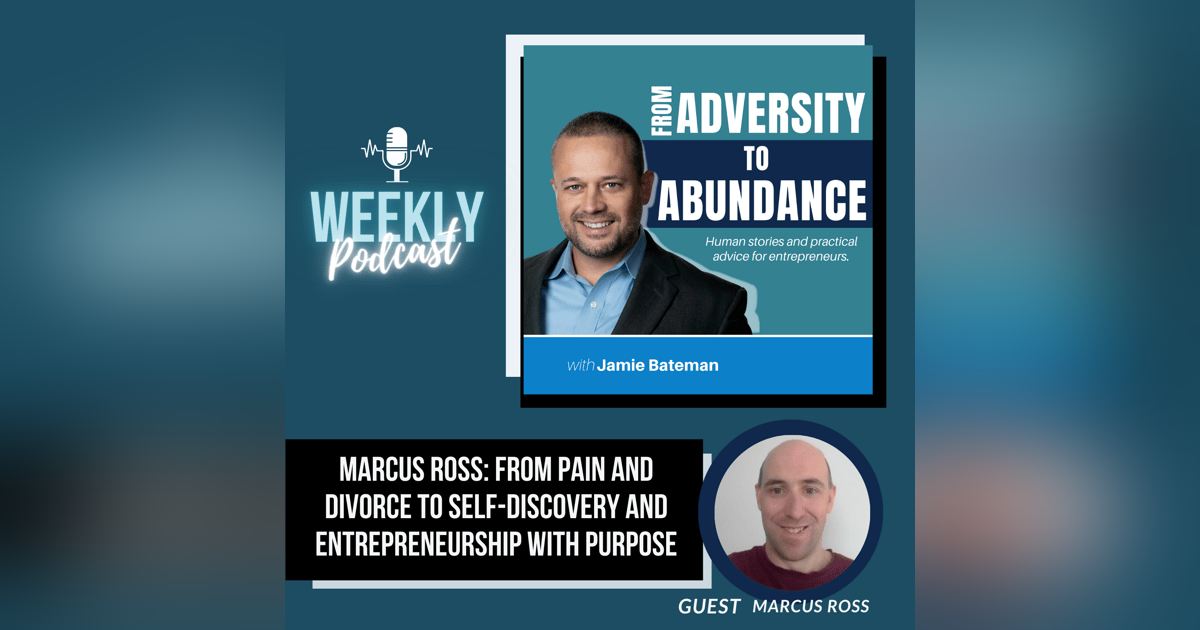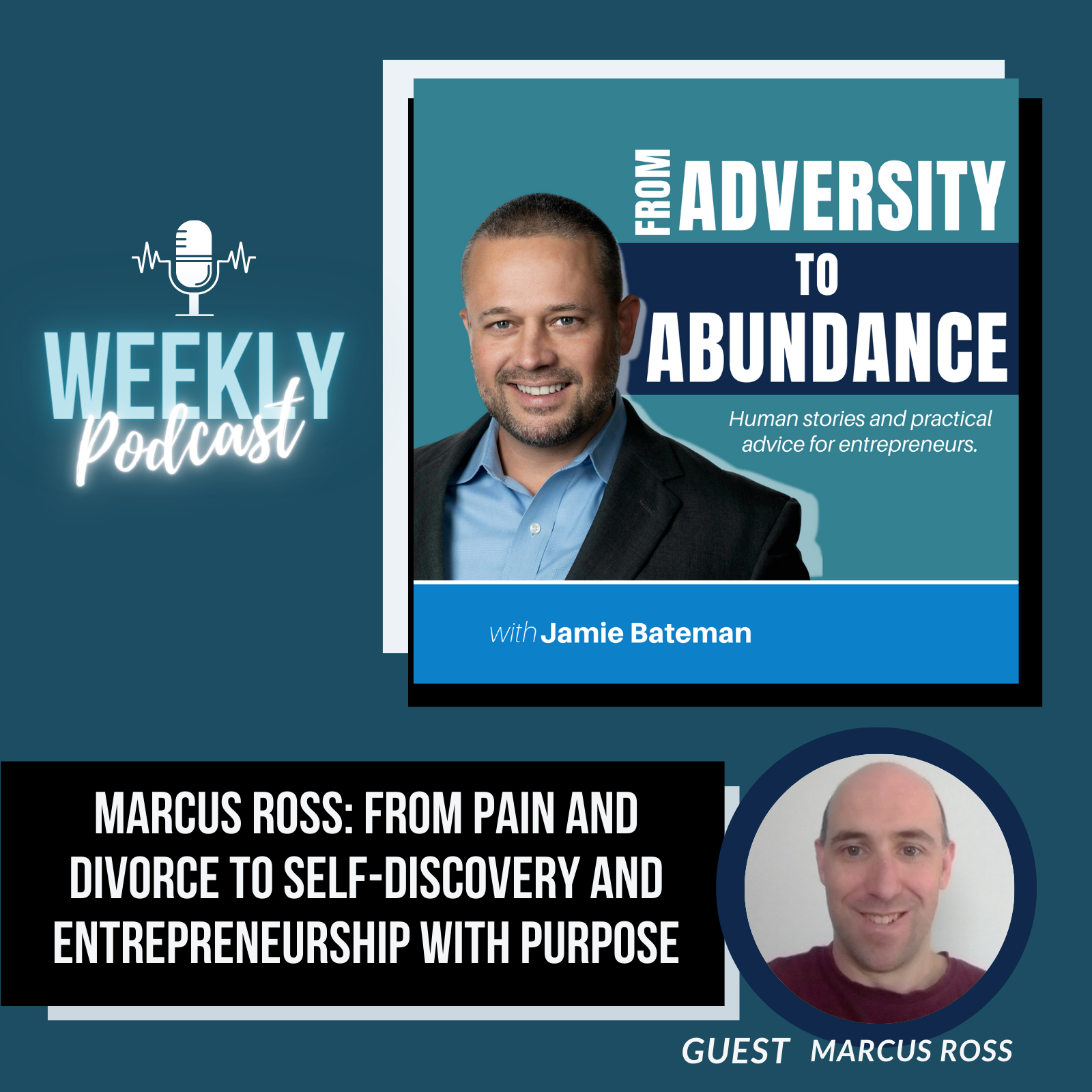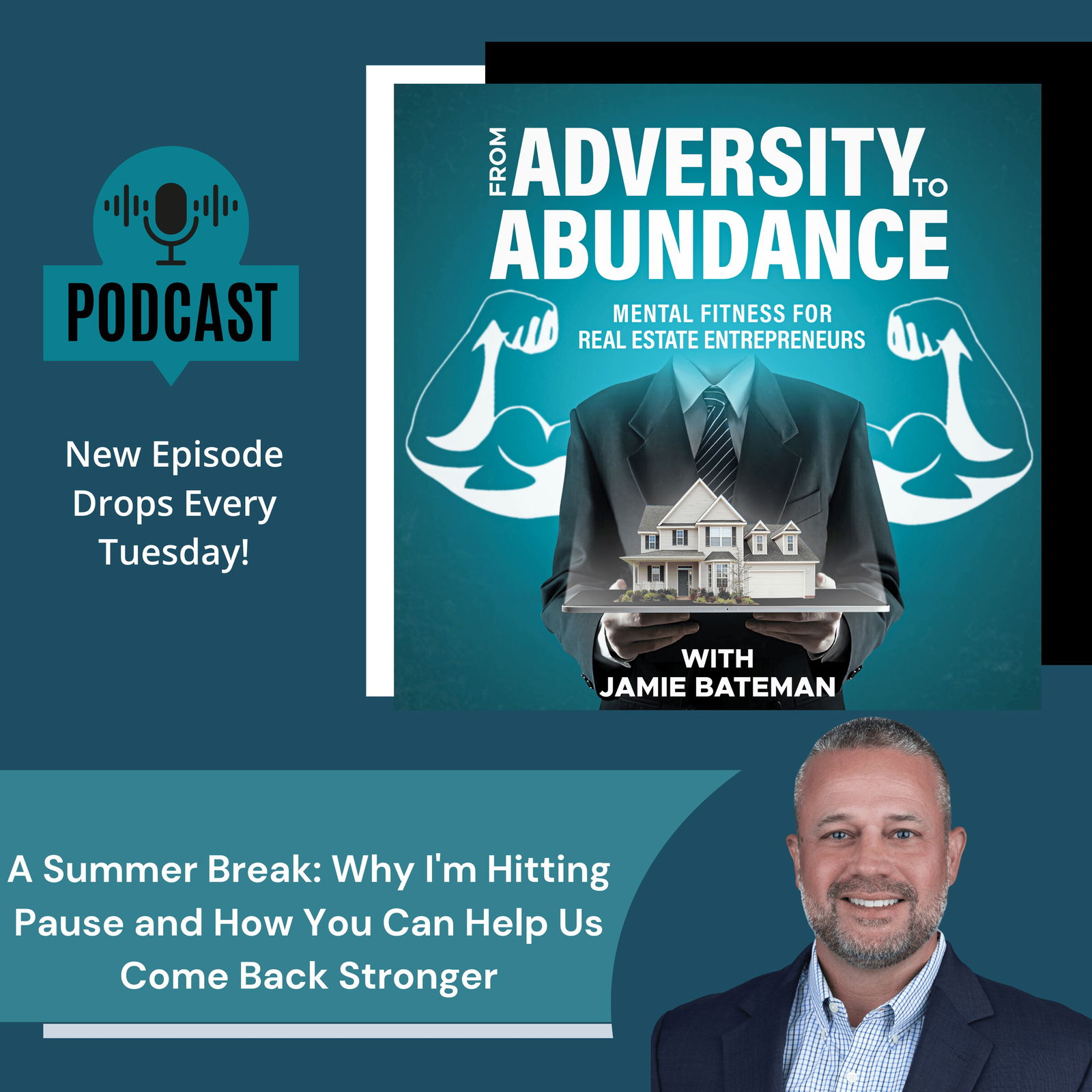Marcus Ross: From Pain and Divorce to Self-Discovery and Entrepreneurship with Purpose


Marcus Ross, founder and owner of Ready to Heal Counselling, joins Jamie to discuss his journey from adversity to self-discovery, healing and purpose. Marcus shares how his own pain ignited a desire to help other men struggling with similar life challenges and inspired him to launch his business, Ready to Heal Counseling. He highlights the importance of being aware that children pattern their behavior and coping skills from what they see their parents exhibiting. Additionally, he explains why it is crucial for personal growth and emotional development to re-evaluate our choices and take responsibility for the unfavorable outcomes that occur in our relationships.
Tune in as Jamie and Marcus discuss:
Connect with Marcus:
WEBSITE: www.readytoheal.net.au
FACEBOOK: https://www.facebook.com/marcus.ross.5030
LINKEDIN: https://www.linkedin.com/in/marcus-ross-b4975b100/
Haven Financial:
https://www.myfinancialhaven.com/jamiebateman/
ATTENTION:
Unlock the secrets to a transformative life with “From Adversity to Abundance: Inspiring stories of Mental, Physical and Financial Transformation”. Buy your copy now and embark on a journey from challenges to triumphs!
AMAZON: https://www.amazon.com/dp/B0CGTWJY1D?ref_=pe_3052080_397514860
Connect with us
WEBSITE: https://www.adversity2abundance.com
Leave us a rating or review: https://www.adversity2abundance.com/reviews/new/ or here
Got comments, feedback or suggestions? We’d love to hear it! https://www.adversity2abundance.com/contact/
Follow From Adversity to Abundance Podcast
FACEBOOK: https://www.facebook.com/profile.php?id=100089126144055
INSTAGRAM: https://www.instagram.com/adversitytoabundancepodcast/
LINKEDIN: https://www.linkedin.com/company/89949391/admin/feed/posts/
YOUTUBE: https://www.youtube.com/@FromAdversity2AbundancePodcast
Connect with Jamie
BOOK: From Adversity to Abundance: Inspiring Stories of Mental, Physical, and Financial Transformation
LINKEDIN: https://www.linkedin.com/in/jamie-bateman-5359a811/
TWITTER: https://twitter.com/batemanjames





